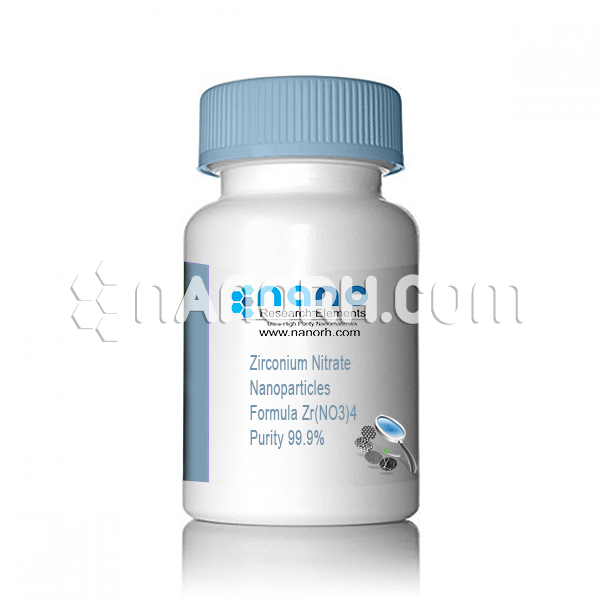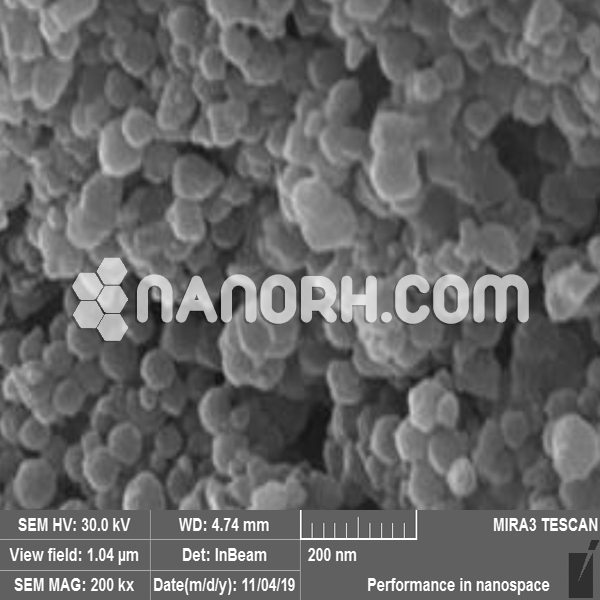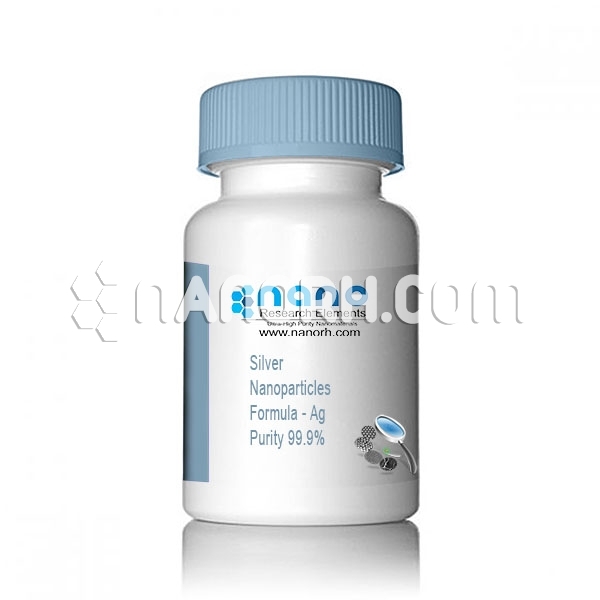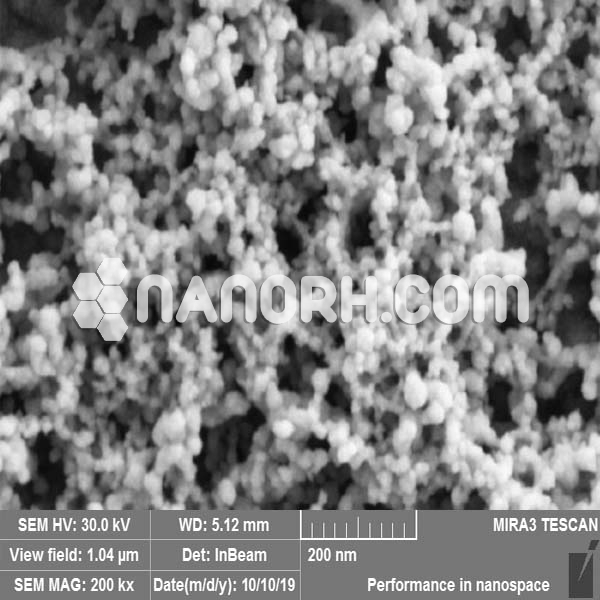| Zirconium Nitrate Nanoparticles | |
| Product No | NRE-5274 |
| CAS No. | 13746-89-9 |
| Formula | Zr(NO3)4 |
| APS | <100 nm (Can be Customized) |
| Purity | 99.9% |
| Color | white |
| Molecular Weight | 339.24 g/mol |
| Density | NA |
| Melting Point | NA |
| Boiling Point | NA |
Zirconium Nitrate Nanoparticles
Applications
Catalysis and Chemical Reactions
Catalysts for Organic Synthesis: Zr(NO₃)₄ nanoparticles are used in catalyzing a variety of organic reactions, particularly in processes involving oxidation, nitration, or the synthesis of fine chemicals and pharmaceuticals. The nanoparticles’ high surface area and reactivity enhance the efficiency of these reactions.
Hydrogenation and Dehydrogenation: Zr(NO₃)₄ nanoparticles have been explored in catalytic hydrogenation and dehydrogenation reactions, which are key processes in petrochemical refining and the production of high-value chemicals.
Fischer-Tropsch Synthesis: The material can also be used as a catalyst or catalyst precursor in processes like Fischer-Tropsch synthesis, which converts synthesis gas (a mixture of carbon monoxide and hydrogen) into hydrocarbons and alcohols.
Synthesis of Zirconia and Advanced Ceramics
Zirconia (ZrO₂) Production: Zr(NO₃)₄ nanoparticles are commonly used as a precursor for the synthesis of zirconia nanoparticles. Zirconia, a highly stable, refractory material, is widely used in various industrial applications, including in advanced ceramics, fuel cells, and as a stabilizer in metal alloys.
Advanced Ceramic Coatings: Zirconium nitrate nanoparticles are used in the preparation of ceramic coatings that exhibit high temperature, wear, and corrosion resistance. These coatings are important in industries such as aerospace, automotive, and energy.
Materials and Composite Synthesis
Nanomaterials Synthesis: Zr(NO₃)₄ nanoparticles serve as a precursor for synthesizing other nanomaterials, such as zirconium oxide (ZrO₂) and zirconium-based composite materials. These materials are essential in applications requiring high strength, durability, and resistance to extreme conditions.
Superconductors and Nanocomposites: The nanoparticles can also be utilized in the synthesis of superconducting materials and nanocomposites, which can be employed in high-performance electronic devices, energy storage systems, and high-field applications.




